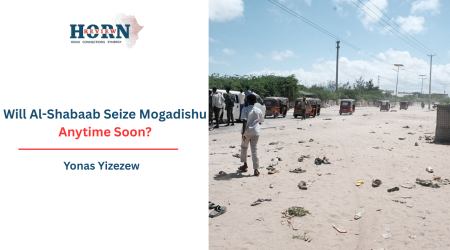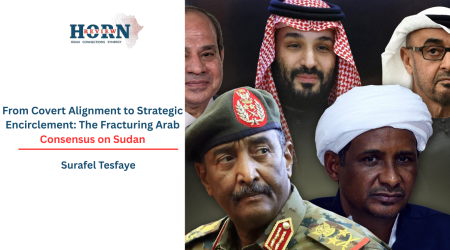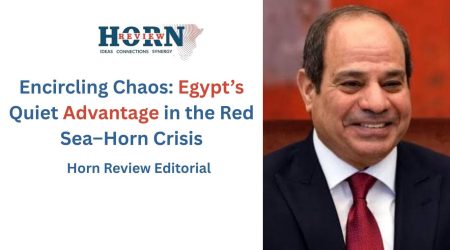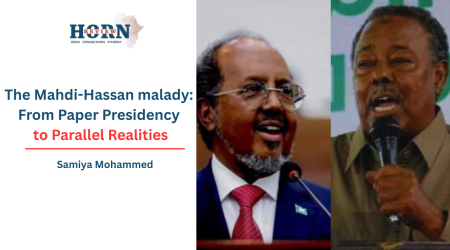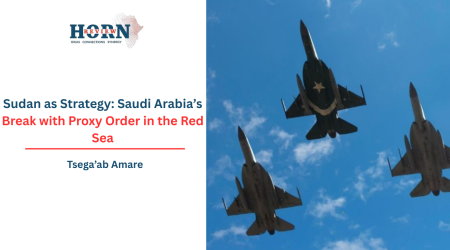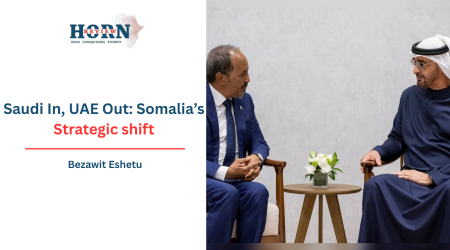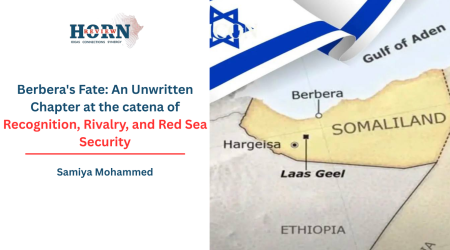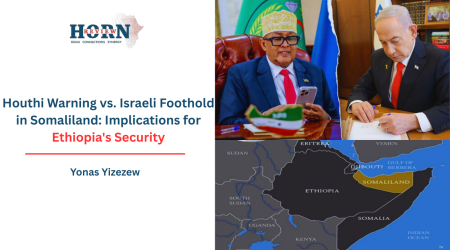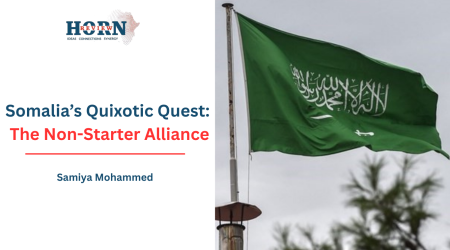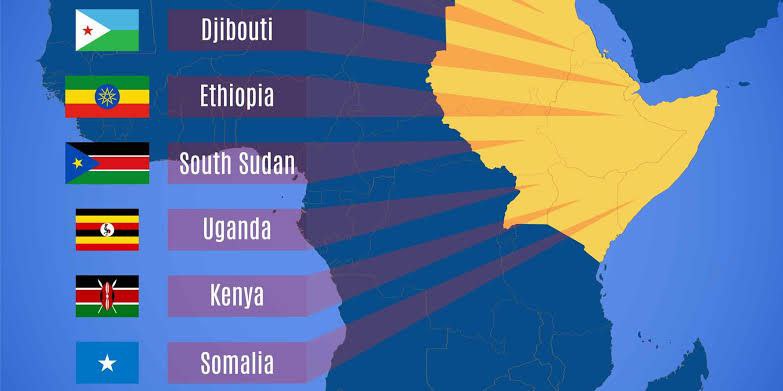
20
Mar
Recasting Diplomacy in the Horn of Africa: The Case for a Cooperative, Wilsonian Approach
The Horn of Africa, comprising Djibouti, Eritrea, Ethiopia, and Somalia, remains a region scarred by persistent conflict and instability. Bound by a shared geography and a tumultuous history, these states continue to grapple with the enduring legacies of colonialism, post-independence power struggles, and contemporary geopolitical tensions. The result is a volatile landscape marked by mutual distrust, unresolved territorial disputes, and economic fragility. Traditional diplomatic efforts, often reactive and narrowly focused, have yielded limited success. Yet, amid these challenges emerges a strategic opportunity: cooperative liberal diplomacy. Rooted in Wilsonian principles of transparency, democracy, and open engagement, this approach is uniquely attuned to the region’s distinct dynamics and offers a compelling framework to mitigate hostility and cultivate enduring stability.
Cooperative liberal diplomacy, as presented here, avoids both idealistic overreach and an exclusive focus on power politics. Instead, it charts a pragmatic course that acknowledges historical grievances and power imbalances while advocating for inclusive, rule-based cooperation. By prioritizing transparent dialogue, economic interdependence, and incremental trust-building, this approach seeks to address the structural drivers of conflict and lay the groundwork for sustainable peace. The Horn’s contemporary disputes are inextricably linked to its colonial and post-colonial past; historical grievances and unresolved tensions continue to shape the foreign policies of its states.
The region grapples with a complex web of political challenges that threaten its stability. Deep-seated power imbalances and inherited territorial disputes, remnants of colonial border demarcations, continue to sow mistrust and strain diplomacy. Security risks, notably from groups such as al-Shabaab in Somalia, have escalated; in 2023 alone, attacks targeting both Somali and Ethiopian forces surged by 20%, underscoring the cross-border nature of the instability. Economic vulnerabilities further exacerbate these issues. Climate-induced droughts and food insecurity affected 43 million people across the Horn in 2023, with Somalia and Ethiopia suffering disproportionately. The limited economic integration of the region amplifies its dependence on external aid, weakening state resilience and leaving room for strategic competition among foreign military presences in Djibouti, including U.S., Chinese, and French bases, which, while bolstering local security and economies, risk subordinating regional priorities to global agendas.
Regional institutions charged with mediation have struggled to effectively address these challenges. Organizations such as the Intergovernmental Authority on Development (IGAD) and the African Union (AU) face resource constraints and overlapping mandates. For instance, while IGAD’s involvement in the African Union Mission in Somalia (AMISOM) has achieved partial success, it has lacked the capacity to enforce agreements consistently. These institutional deficiencies underscore the need for a diplomatic paradigm that better integrates local agency with international support.
Cooperative liberal diplomacy offers a tailored response by blending Wilsonian ideals with a realistic assessment of regional power dynamics. Unlike traditional liberal approaches that can overlook structural realities, or realist frameworks that prioritize security over collaboration, this strategy occupies a pragmatic middle ground. It rests on three pillars: first, transparent negotiations designed to rebuild trust; second, economic interdependence to align mutual interests; and third, inclusive multilateral platforms that holistically address both security and developmental challenges.
Implementation of this approach requires a phased strategy. In the short term, establishing regular dialogue forums and firm commitments toward cooperation can begin to build confidence. Medium-term reforms, such as bolstering IGAD’s mediation capabilities and harmonizing trade policies, will help build momentum. In the long term, initiatives like joint infrastructure projects and regional security accords can cement integration. External actors, including the U.S. and the EU, must recalibrate their roles by channelling support into regional frameworks, as exemplified by the EU’s backing of the Multinational Joint Task Force in West Africa, instead of pursuing unilateral interventions.
The future of the Horn of Africa need not be defined by historical animosities or external domination. Cooperative liberal diplomacy, with its emphasis on transparency, economic collaboration, and phased trust-building, presents a credible alternative to the persistent cycles of conflict. This approach aligns pragmatic policy with aspirational goals. For policymakers and regional stakeholders, the imperative is clear: embrace this balanced, evidence-based strategy to forge a more stable and interconnected Horn, where peace emerges not as an elusive ideal but as a tangible outcome of deliberate and cooperative action.
By Mahder Nesibu,Researcher, Horn Review

